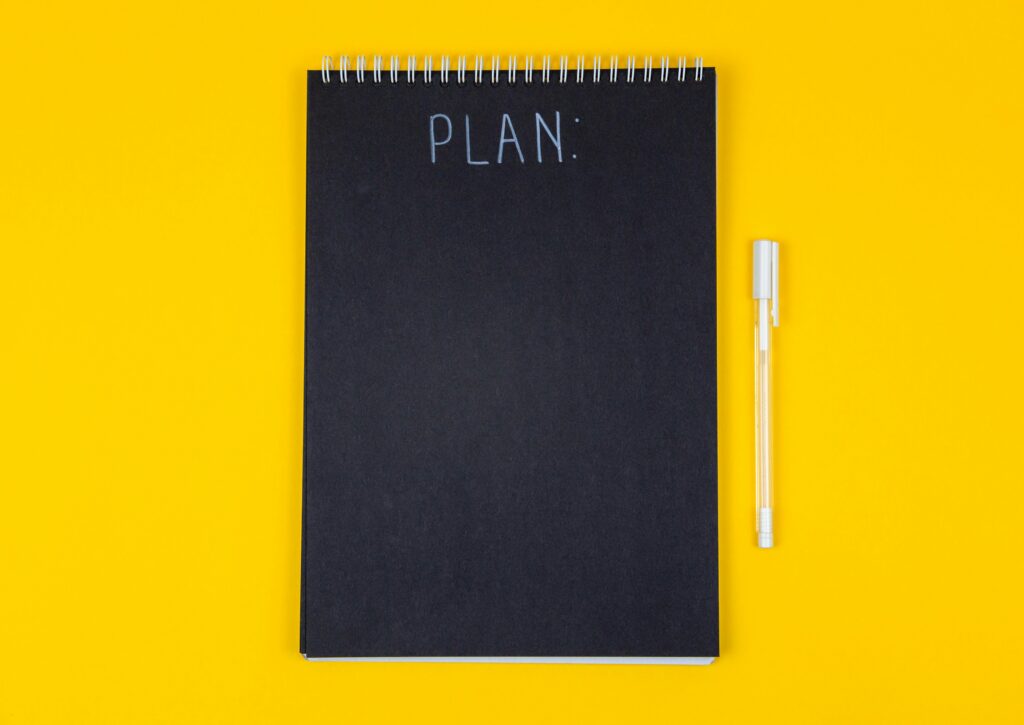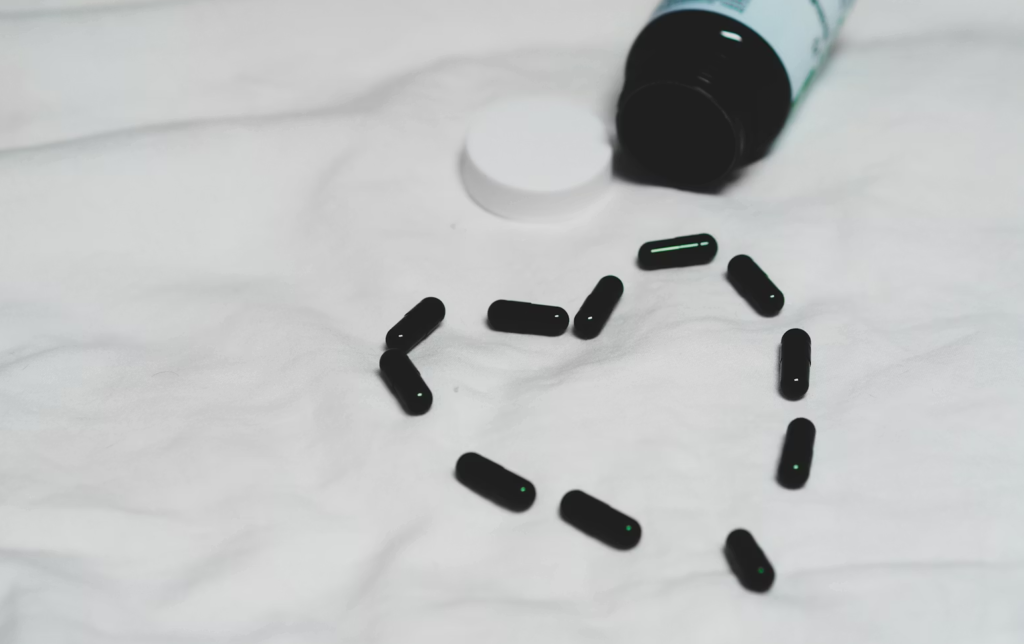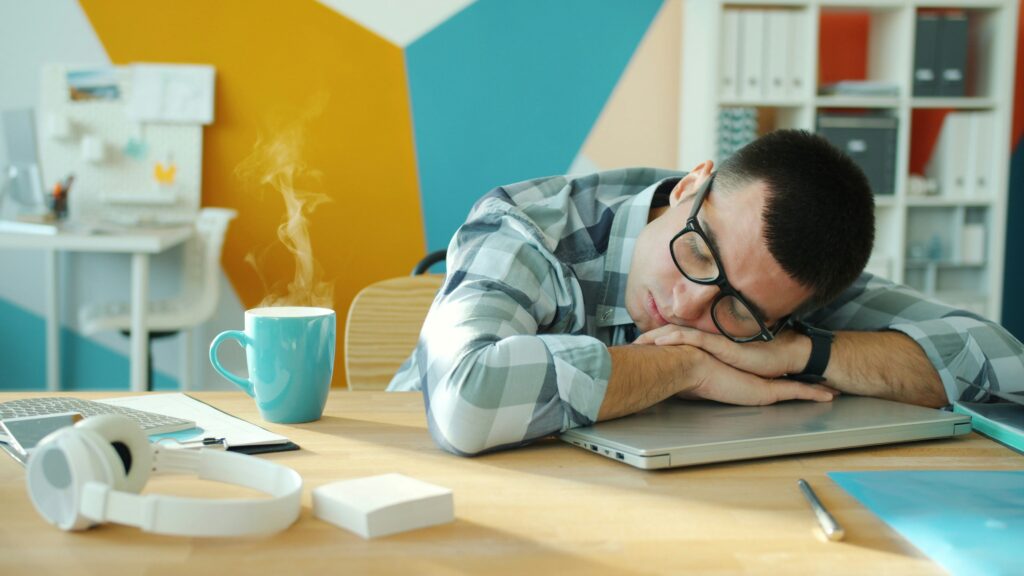Sleep Hygiene is the foundation of getting quality rest night after night. If you’ve ever found yourself tossing, turning, and staring at the ceiling at 2 a.m., you know how frustrating poor sleep can be. Maybe you wake up feeling groggy, struggle to focus during the day, or rely on coffee to get through work. The truth is, better sleep isn’t just about sleeping longer – it’s about sleeping smarter. That’s where good sleep hygiene comes in.
In this guide, you’ll learn what sleep hygiene really means and the top habits that can transform your nights from restless to restful. We’ll break down each tip in detail, so you know exactly what to do and why it works. By the end, you’ll have a practical plan to start sleeping better tonight – and feeling more energized tomorrow.
1. Stick to a Consistent Sleep Schedule
One of the most important principles of sleep hygiene is going to bed and waking up at the same time every day – yes, even on weekends. Your body has an internal clock, known as the circadian rhythm, which regulates sleep and wake cycles. When you keep a consistent schedule, you reinforce this rhythm, making it easier to fall asleep and wake up naturally.
Key things to know:
- Aim for 7–9 hours of sleep each night.
- Avoid big shifts in bedtime between weekdays and weekends.
- If you need to adjust your schedule, do it gradually – 15 minutes earlier or later each day.
Consistency tells your brain when it’s time to release melatonin (the sleep hormone) and when to start waking you up with cortisol. Over time, this reduces insomnia, improves sleep quality, and leaves you feeling refreshed in the morning.
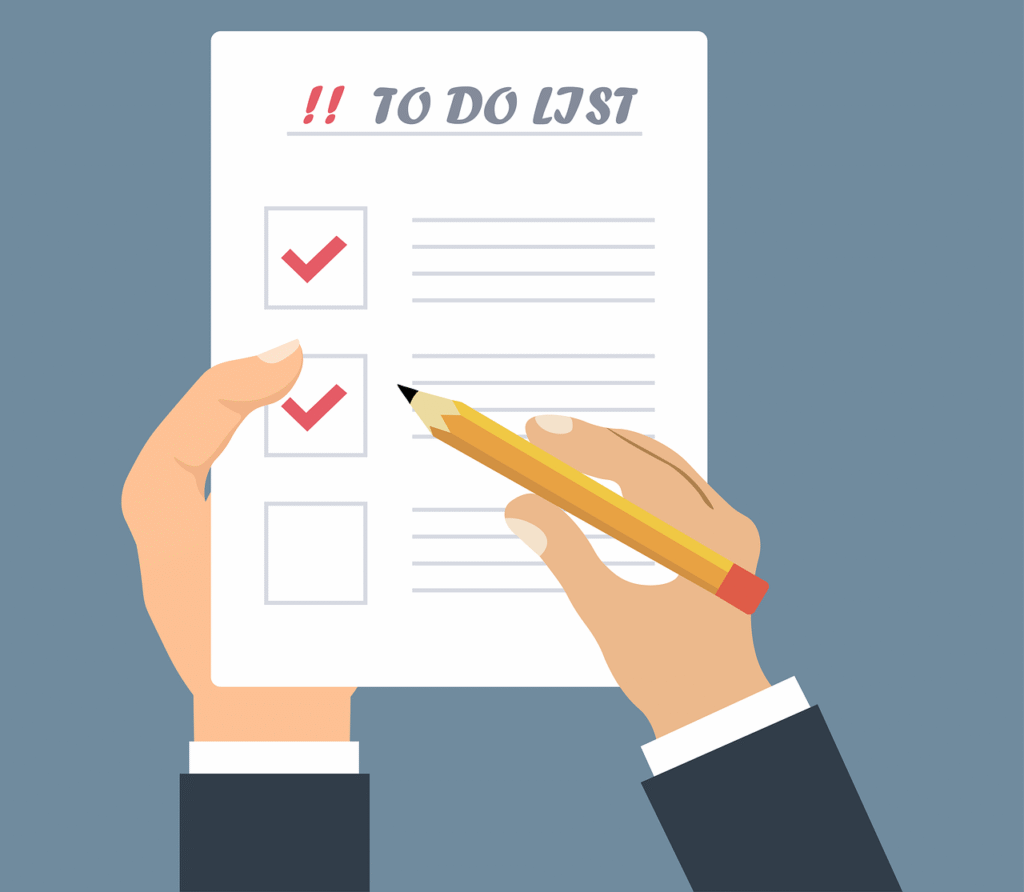
2. Create a Relaxing Bedtime Routine
Your mind and body need time to transition from daytime activity to nighttime rest. A relaxing pre-sleep routine signals to your brain that it’s time to wind down – an essential part of good sleep hygiene.
Some ideas for a bedtime routine:
- Read a physical book (avoid screens).
- Take a warm shower or bath.
- Practice light stretching or gentle yoga.
- Meditate or do breathing exercises.
Try to start your routine about 30–60 minutes before bed. Keep the lights dim, avoid stressful activities like checking work emails, and focus on calming your thoughts. Over time, this routine will become a cue for your body to prepare for deep, restorative sleep.

3. Optimize Your Sleep Environment
Your bedroom should be a sanctuary for rest. The quality of your sleep environment has a huge impact on your sleep hygiene.
Key elements for a better sleep space:
- Temperature: Aim for 60–67°F (15–19°C) – cooler rooms promote better sleep.
- Light: Keep the room dark using blackout curtains or an eye mask.
- Noise: Reduce disruptions with earplugs, white noise machines, or calming nature sounds.
- Comfort: Invest in a supportive mattress and pillows suited to your sleeping position.
Even small adjustments – like removing clutter or limiting bedroom activities to sleep and intimacy – can condition your brain to associate the space with rest. The better your environment, the faster you’ll fall asleep and the longer you’ll stay in deep sleep stages.
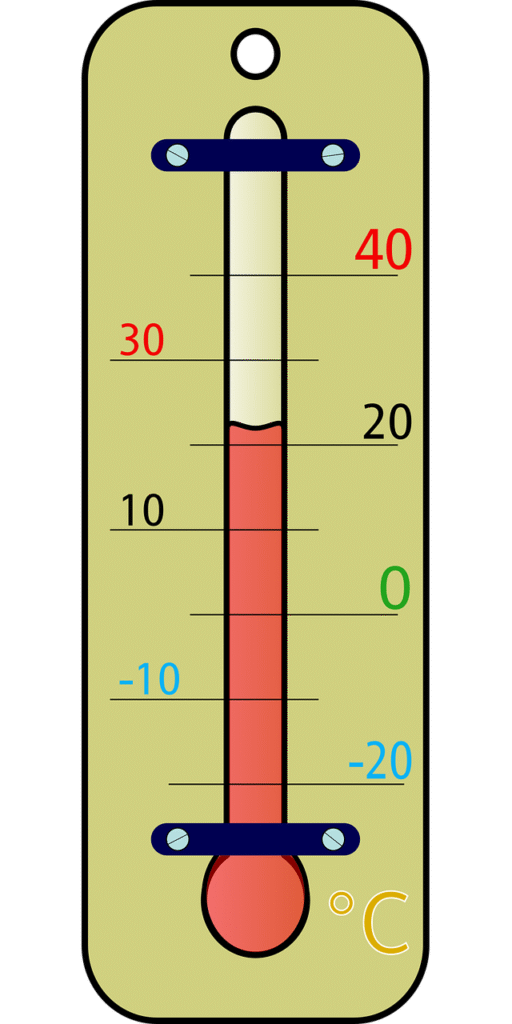
4. Limit Screen Time Before Bed
Blue light from phones, tablets, and computers can interfere with melatonin production, delaying sleep onset. Good sleep hygiene means protecting your brain’s natural sleep signals from artificial disruption.
Here’s how to limit blue light exposure:
- Avoid screens for at least 60 minutes before bed.
- Use blue light filters or “night mode” settings in the evening.
- Opt for non-screen activities like reading, journaling, or light conversation.
In addition to the light itself, screen content can be mentally stimulating – scrolling through social media or watching intense shows can raise your heart rate and keep your mind active. By creating a tech-free wind-down period, you help your brain shift into a calmer state that’s ready for sleep.

5. Watch Your Caffeine and Alcohol Intake
What you consume during the day plays a big role in sleep hygiene. Caffeine is a known stimulant that can linger in your system for hours, making it harder to fall asleep. Alcohol might make you feel drowsy, but it is one of the worst things you can do when it comes to sleep. It disrupts REM sleep and can cause you to wake up during the night.
Sleep-friendly consumption tips:
- Avoid caffeine at least 6–8 hours before bedtime.
- Limit alcohol intake, especially in the evening.
- Stay hydrated, but reduce fluids right before bed to avoid nighttime trips to the bathroom.
By managing what you drink and when, you can prevent restless nights and ensure your body gets the deep, restorative sleep it needs.

6. Get Daytime Light and Physical Activity
Daylight exposure and movement during the day help set your circadian rhythm, a vital part of sleep hygiene. Natural light in the morning signals your brain to wake up, while activity during the day helps your body feel ready for rest at night.
Here’s how to make it work:
- Spend at least 20–30 minutes in natural sunlight each morning.
- Incorporate regular exercise – even a brisk walk can help.
- Avoid intense workouts too close to bedtime, as they can be stimulating.
This combination of light and movement works like a natural “reset” for your body clock, making it easier to fall asleep at night and wake up with more energy.

Common questions About Sleep Hygiene
1. What is the fastest way to improve my sleep hygiene?
Start with a consistent sleep schedule. Going to bed and waking up at the same time every day has the biggest immediate impact on your sleep quality. Pair it with a calming bedtime routine and you’ll likely see improvement within a week.
2. How long does it take for sleep hygiene changes to work?
Some changes, like limiting screens or adjusting your environment, can help within a few nights. Others, such as fixing your circadian rhythm, may take a couple of weeks. The key is consistency.
3. Can good sleep hygiene replace sleep aids?
For many people, yes. Building healthy sleep habits can reduce or eliminate the need for sleep medications. However, if you have a diagnosed sleep disorder, always consult your doctor before making changes.
Final thoughts
Better sleep doesn’t happen by accident – it’s the result of intentional habits and a supportive environment. By practicing good sleep hygiene, you train your body and mind to rest more effectively, so you wake up feeling refreshed and energized.
Remember:
- Keep a consistent sleep schedule.
- Create a relaxing bedtime routine.
- Optimize your sleep environment.
- Limit screens before bed.
- Be mindful of caffeine and alcohol.
- Get daylight and movement during the day.
Start with one or two of these habits tonight, and build from there. The sooner you take control of your sleep hygiene, the sooner you’ll enjoy the kind of deep, restful nights you’ve been dreaming about.
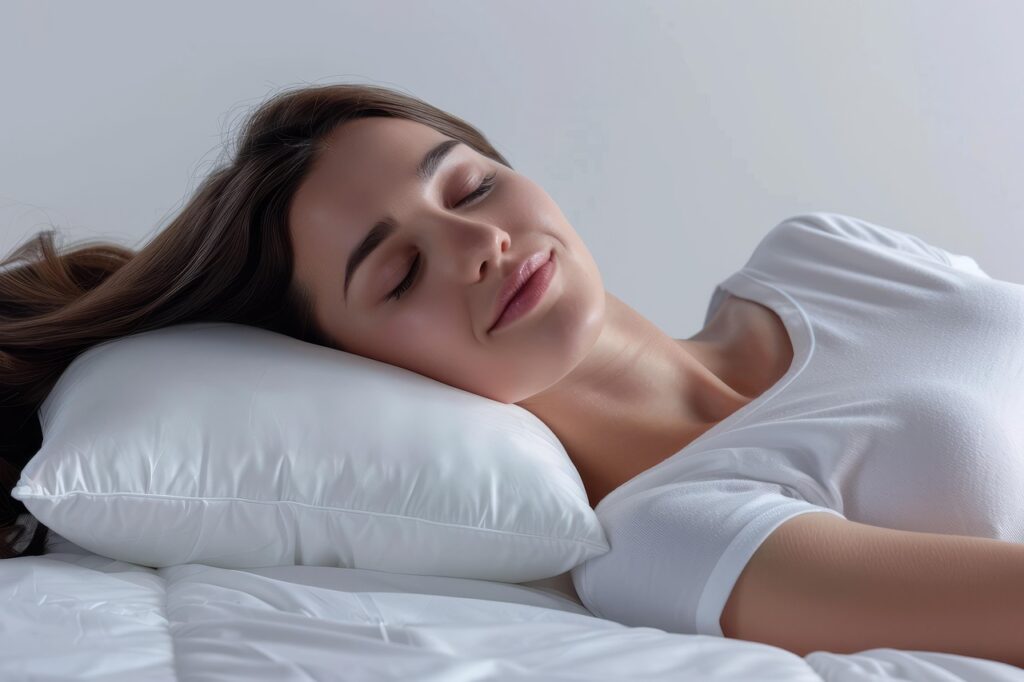
How is your sleep hygiene? Did you learn something new?
Leave a comment below. We would love to know!


